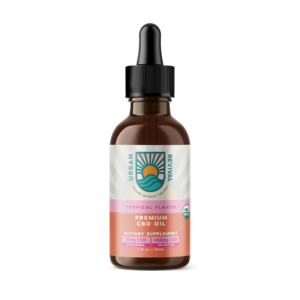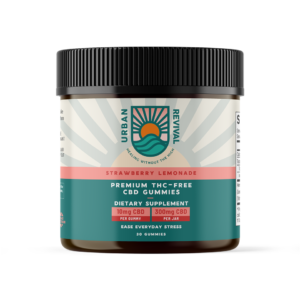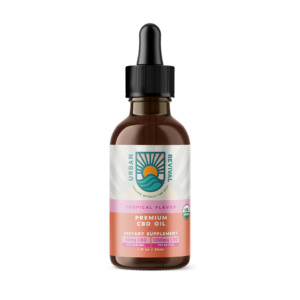Does CBD Help Sleep?
People have been turning to cannabis for its possible health benefits for a long, long time. Its ability to help people, for example, is mentioned in the Atharvaveda, a Hindu text that dates back to around 1500 B.C., and its use for inducing sleep is described in a 1200 A.D. Chinese medical text.
Today, people are still using cannabis to help them sleep, particularly one form of it: CBD, or cannabidiol. That’s a compound found in marijuana and hemp that doesn’t get you high, and that has recently exploded in popularity because of its potential to treat other health problems, including pain and anxiety.
In a recent nationally representative Consumer Reports survey, about 10 percent of Americans who reported trying CBD said they used it to help them sleep, and a majority of those people said it worked.
It’s easy to understand why people are turning to CBD to help with sleep: Almost 80 percent of Americans say they have trouble sleeping at least once a week, according to another recent nationally representative CR survey of 1,267 U.S. adults. And many existing treatments, particularly prescription and over-the-counter drugs, are often not very effective—and are risky, too.
A small but growing body of scientific research provides some support for CBD as a sleep aid. A study out this month, for example, suggests CBD might help people with short-term sleep problems.
And Joseph Maroon, M.D., a clinical professor and neurosurgeon at the University of Pittsburgh Medical Center who has researched the effect of cannabis on the brain, says that CBD has properties that could help some people sleep better. Most notably, he says, it appears to ease anxiety and pain, both of which can make it harder to fall asleep or stay asleep.
Some other research hints that CBD may also affect sleep directly, by interacting with receptors in the brain that govern the body’s daily sleep/wake cycles, according to a 2017 review of sleep and cannabis in the journal Current Psychiatry Reports.










